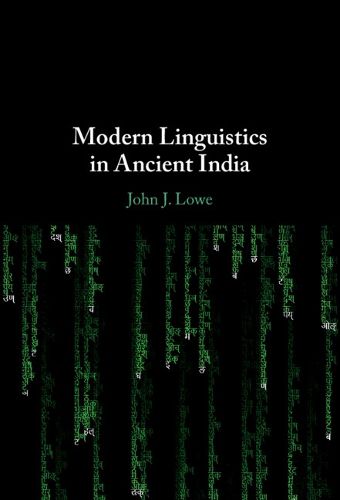Readings Newsletter
Become a Readings Member to make your shopping experience even easier.
Sign in or sign up for free!
You’re not far away from qualifying for FREE standard shipping within Australia
You’ve qualified for FREE standard shipping within Australia
The cart is loading…






The ancient Indian linguistic tradition has been influential in the development of modern linguistics, yet is not well known among modern Western linguists. This unique book addresses this gap by providing an accessible introduction to the Indian linguistic tradition, covering its most important achievements and ideas, and assessing its impact on Western linguistics. It shows how ancient Indian methods of linguistic analysis can be applied to a number of topical issues across the disciplines of modern linguistics-spanning phonetics, phonology, morphology, syntax, semantics, and computational linguistics. Exploring the parallels, differences, and connections in how both traditions treat major issues in linguistic science, it sheds new light on a number of topical issues in linguistic theory. Synthesizing existing major work on both sides, it makes Indian linguistics accessible to Western linguists for the first time, as well as making ideas from mainstream linguistics more accessible to students and scholars of Indian grammar.
$9.00 standard shipping within Australia
FREE standard shipping within Australia for orders over $100.00
Express & International shipping calculated at checkout
The ancient Indian linguistic tradition has been influential in the development of modern linguistics, yet is not well known among modern Western linguists. This unique book addresses this gap by providing an accessible introduction to the Indian linguistic tradition, covering its most important achievements and ideas, and assessing its impact on Western linguistics. It shows how ancient Indian methods of linguistic analysis can be applied to a number of topical issues across the disciplines of modern linguistics-spanning phonetics, phonology, morphology, syntax, semantics, and computational linguistics. Exploring the parallels, differences, and connections in how both traditions treat major issues in linguistic science, it sheds new light on a number of topical issues in linguistic theory. Synthesizing existing major work on both sides, it makes Indian linguistics accessible to Western linguists for the first time, as well as making ideas from mainstream linguistics more accessible to students and scholars of Indian grammar.